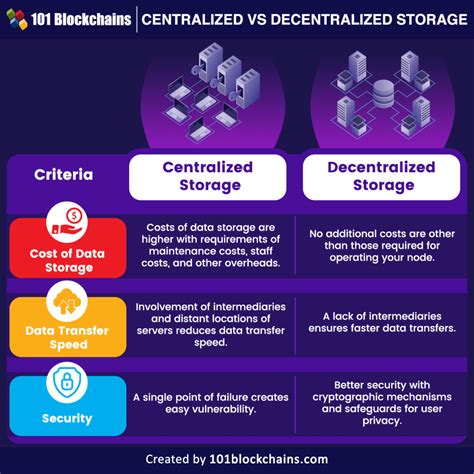The Future of Decentralized Finance: Opportunities Ahead
In recent years, the world of finance has undergone a significant transformation. The rise of cryptocurrencies and decentralized applications (dApps) has revolutionized the way we think about money, security, and trust. As the cryptocurrency market continues to grow and mature, it’s essential to understand the opportunities that lie ahead for Decentralized Finance (DeFi).
What is Decentralized Finance?
Decentralized Finance refers to a new paradigm of financial services that operate on blockchain technology, allowing for secure, transparent, and efficient transactions without the need for intermediaries like banks. DeFi platforms enable users to lend, borrow, and trade assets directly with each other, eliminating the need for traditional payment processors.
The Rise of Cryptocurrencies

Cryptocurrencies, such as Bitcoin (BTC), Ethereum (ETH), and Litecoin (LTC), have been around for several years. However, in recent times, they’ve gained significant traction as a means of exchanging value without the need for intermediaries. The decentralized nature of cryptocurrencies makes them attractive to users who want complete control over their financial assets.
Key Players in DeFi
Several key players are driving the growth of DeFi:
- MakerDAO: A decentralized lending platform that allows users to lend and borrow cryptocurrencies with minimal fees.
- Uniswap: A decentralized exchange (DEX) that enables users to trade tokens on a decentralized network.
- Aave: A lending platform that offers high-yield interest rates on cryptocurrencies.
- Compound: A lending protocol that provides yield farming opportunities for users.
Opportunities in DeFi
The DeFi space has numerous opportunities, including:
- Innovative Financial Products: DeFi platforms are creating new financial products that were previously unavailable, such as decentralized stablecoins and credit derivatives.
- Increased Efficiency: DeFi platforms can automate complex financial processes, reducing costs and increasing speed.
- Improved Security: Decentralized networks ensure the security of transactions through cryptography and smart contracts.
- New Business Models: DeFi platforms are opening up new business models, such as fee-less lending and decentralized insurance.
Challenges and Risks
While DeFi has tremendous potential, it also comes with significant challenges and risks:
- Regulatory Uncertainty: Governments and regulatory bodies are still grappling with how to regulate DeFi, which could lead to uncertainty for users and market participants.
- Security Risks: As with any decentralized system, there is a risk of security breaches, hacking, and other forms of cybercrime.
- Volatility: Cryptocurrencies can be highly volatile, making it challenging to predict price movements.
The Future of DeFi
As DeFi continues to grow and mature, we can expect to see:
- Increased Adoption
: More users will adopt DeFi platforms as they become more familiar with the technology.
- Improved Infrastructure: The development of better infrastructure, such as decentralized exchanges (DEXs) and lending protocols, will make it easier for users to access DeFi services.
- New Business Models: DeFi will continue to enable new business models that were previously unavailable.
- Increased Regulatory Scrutiny: Governments will likely increase their regulatory scrutiny of DeFi platforms, which could lead to increased regulation and oversight.
Conclusion
The future of Decentralized Finance is bright, with tremendous opportunities for innovation and growth. As the cryptocurrency market continues to evolve, it’s essential to stay informed about the latest developments in DeFi.
Leave a Reply